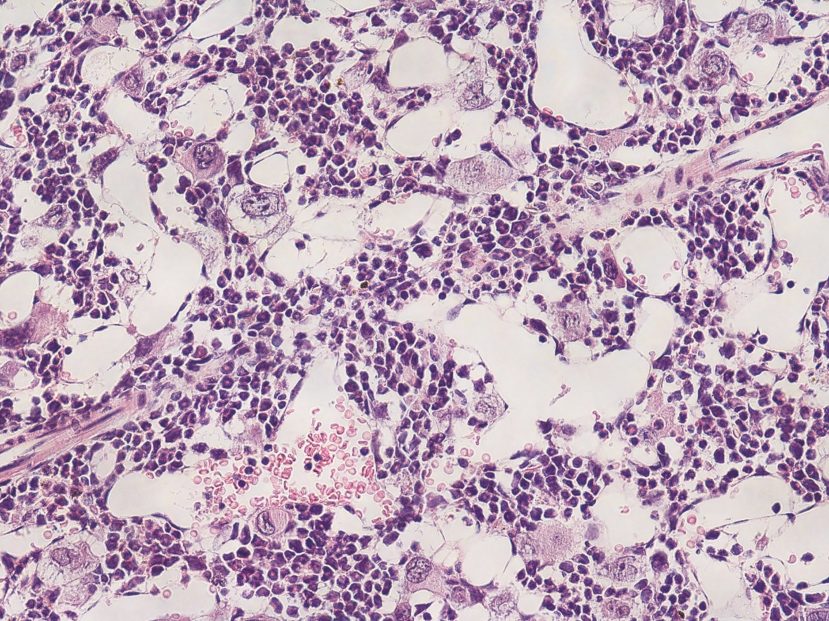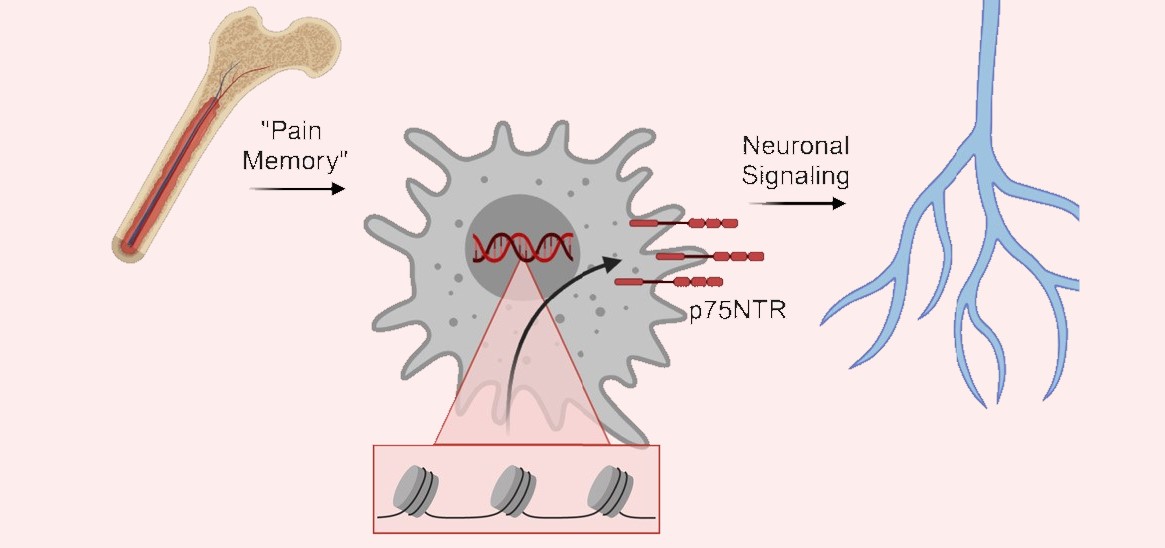Autism Research Leads to Discovery About Blood Cell Formation
Research By: Zhaowei Tu, PhD | Yi Zheng, PhD
Post Date: July 22, 2021 | Publish Date: July 2021

Healthy blood requires a healthy version of the gene Chd8—a gene that malfunctions in some children with autism.
Clinicians, scientists and families have long noted that some children with autism also experience blood disorders such as anemia. But many have chalked up such blood disorders as outcomes of poor day-to-day dietary limitations.
Now a study published June 22, 2021, in the journal Blood reports that a variant in the gene Chd8 may be associated with both the brain and blood disruptions that can occur in autism. The research was led by first author Zhaowei Tu, PhD, and senior author Yi Zheng, PhD, Co-Executive Director of the Cancer and Blood Diseases Institute at Cincinnati Children’s.
“This is the first time that a possible genetic association between autism and blood disorders is being raised,” Zheng says.
Other studies have established that the gene Chd8 plays a role in brain development and mutant variants of that gene are found in a subset of children with autism. This study, based on analyzing mouse models, finds that Chd8 also is vital to healthy blood production in the bone marrow—the factories that produce red blood cells.
The mechanistic studies suggest that the anemia found in hosts carrying Chd8 mutations may be derived in part from defective blood production due to blood stem cell failures. In mice, loss of Chd8 leads to severe anemia, bone marrow failure and a drastic depletion of hematopoietic stem/progenitor cells (HSPCs).
When Chd8 functions normally, it interacts with the gene ATM, which helps set the pace of cell division and correction of genetic errors. Loss of this interaction allows another gene called P53 to trigger cell death among the HSPCs. Deleting the P53 function restored HSPC survival in mice lacking Chd8.
Next steps
More research is needed to determine if the blood cell formation defect observed in mice is happening in people, particularly in autism patients carrying Chd8 mutations. Also, it remains unclear whether Chd8 function can be managed with a medication.
“It is too early to say Chd8 mutation is causal to blood disorders in autism,” Zheng says. “These studies were done in mouse models only, in part because bone marrow samples from this subset of people with autism are rare.”
About this study
Co-authors of this study also include Chen Wang, MS, Ashley Davis, MS, Mengwen Hu, PhD, Chuntao Zhao, PhD, Mei Xin, PhD, and Q. Richard Lu, PhD, from the Division of Experimental Hematology and Cancer Biology and Division of Reproductive Sciences at Cincinnati Children’s.
Funding sources for this work include grants from the National Institutes of Health and National Cancer Institute (R01CA234038 and R01CA204895).
| Original title: | Chromatin remodeler CHD8 governs hematopoietic stem/progenitor survival by regulating ATM-mediated P53 protein stability |
| Published in: | Blood |
| Publish date: | July 2021 |
Research By








